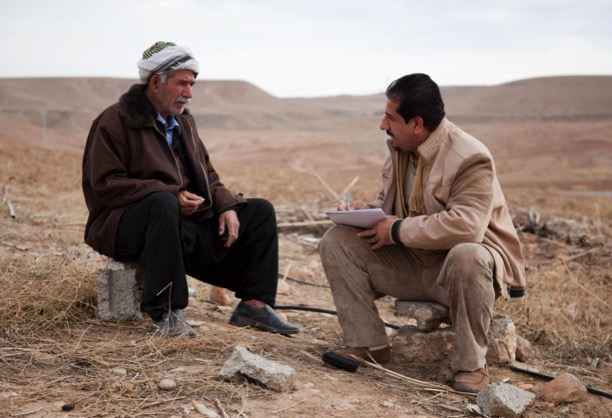WASHINGTON- Conflict in Iraq is driven by poor governance and injustice more than by sectarianism, which is often cited as a prime cause, according to a Mercy Corps report released Wednesday.
The report, which was based on three face-to-face surveys of more than 5,000 Iraqis from 2013 to 2015, noted that Iraqis have grown more discontented with their government, but that Sunni Iraqis were more positive after Prime Minister Nouri al-Maliki resigned in August 2014. He was replaced by Haider al-Abadi.
Sunnis reported an increased belief that the government would improve jobs, electricity and security after al-Maliki’s resignation. Sunni’s support for armed opposition groups dropped from 49 percent before the resignation to 26 percent after.
The report found that poor governance could aggravate the sectarian divide between Shias and Sunnis. Up to 62 percent of Iraqis believed the government often or sometimes treated their ethnic or religious group unfairly in 2015, particularly in the case of Sunnis.
The report, which was funded through a $55 million grant from the U.S. Agency for International Development, was released at the U.S. Institute of Peace. An independent firm, which was not identified, conducted the surveys.
After reviewing the reporter’s findings, a group of experts discussed how expectations and opinions of government are going in different directions.
“Beliefs about [government] corruption are increasing dramatically and expectations of how government is going to perform increased dramatically,” said Jacob Shapiro, associate professor of politics and international affairs at Princeton University. “People are expecting more of their government.”
The study also emphasized the role of civil society – nongovernment organizations and institutions — in connecting Iraqis to their government.
“Civil society in Iraq is very vocal and active and organized,” said U.S. Institute of Peace Mideast program director Elie Abouaoun.
More Iraqis said civil society makes a difference in their lives in 2015 than in 2013, increasing from 39 percent to 50 percent of those surveyed. That’s because civil society groups helped change government, said Michael Young, a Mercy Corps senior adviser.
“That might be engaging with a local government about transparency or engaging about electricity provision,” he said.
The experts called Iraqi youth an untapped resource for civil society efforts. Thousands of people protested regularly in 2015 in Baghdad and Basra, most of them “young and nonsectarian,” according to the report.
It suggested connecting the dissatisfied younger generations with civil society groups to increase their impact.


